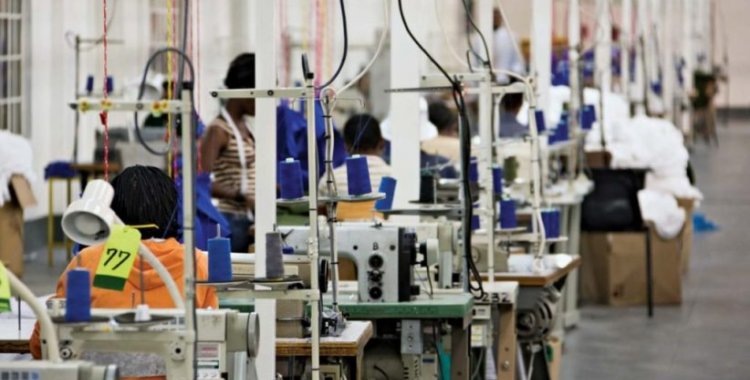Pietro Toigo was one of the speakers at the round table on Infrastructure Financing in Angola, promoted by PLMJ Colab Angola – RVA Advogados, to analyze alternative models for implementing infrastructure in the country.
According to the representative, last week the Dakar Summit 2 was held, under the theme "Feeding Africa: food sovereignty and resilience", organized by the Senegalese Government and the AfDB, in which many investors learned, for the first time, that Angola is a country where you can invest in the agriculture sector.
"The interaction with private investors was very interesting, who said they had discovered Angola, for the first time, as a country where you can invest in agriculture. Because outside, much of the narrative of changing strategy, changing the economic development model, the emphasis on economic diversification has not yet passed, and therefore, Angola continues to be seen as an oil country and almost exclusively oil", he said.
The Dakar Summit 2 brought together dozens of dignitaries, including 34 heads of state and government, 70 ministers and development partners.
The AfDB representative in Angola underlined that in some areas and sectors the international market still "is not seeing Angola as a leader in a sector".
In turn, the chairman of the Executive Committee of Standard Bank Angola, Luís Teles, defended the acceleration of investments in Angola so that the economy grows more than the 3 percent expected for this year, requiring greater involvement of the private sector.
"The State does not have the debt and budget capacity to carry out all the projects that are necessary for the country and that have already been identified. For this to happen, there needs to be a close dialogue with the private sector, which I think is happening – it has to improve -, but it is happening, through the ministries of the various sectors", he underlined.
Luís Teles stressed that the private sector is available to participate in all projects, considering it "very important" to attract multinational companies, with a lot of experience, world leaders, that bring best practices and 'know-how', not forgetting national companies to introduce local content into these great works.
"It is necessary to start small, in PPP projects [public-private partnerships] specifically, to do pilot projects, which can serve as an example to be replicated later and contain some learning and not try to start with projects that are too big, which are very difficult and take many years to implement", he underlined.
The head of Standard Bank Angola also highlighted the importance of having an international perception that Angola is on the right path, in the sense of creating that confidence, that there is macroeconomic stability, that there is incentive to competition, to the participation of the private sector, that there is more transparency, more communication regarding what is the vision for the country and what are the priority projects.
"And it is necessary to go there to the entities, to dialogue. I think that in recent years Angola has done an excellent job, in the sense of going to these entities, to show all the work that is being done and has been praised by these entities" , said Luís Teles, citing the International Monetary Fund, and pointing out the need for the country to position itself to be competitive from the point of view of attracting investment.







